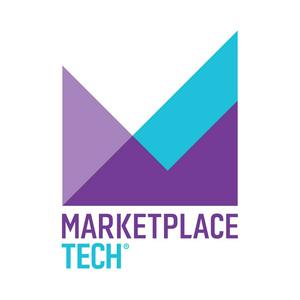Sem publicidade. Mais Prime.
Sem publicidade. Mais Prime.
Sem publicidade. Mais Prime.
Sem publicidade. Mais Prime.
O podcast começa em
- 0 seg.
Bytes: Week in Review — Google to make links more prominent, Palantir moves to Florida and Ring reportedly had plans to use "Search Party" for more than finding lost dogs



Marketplace Tech